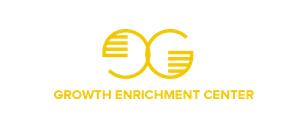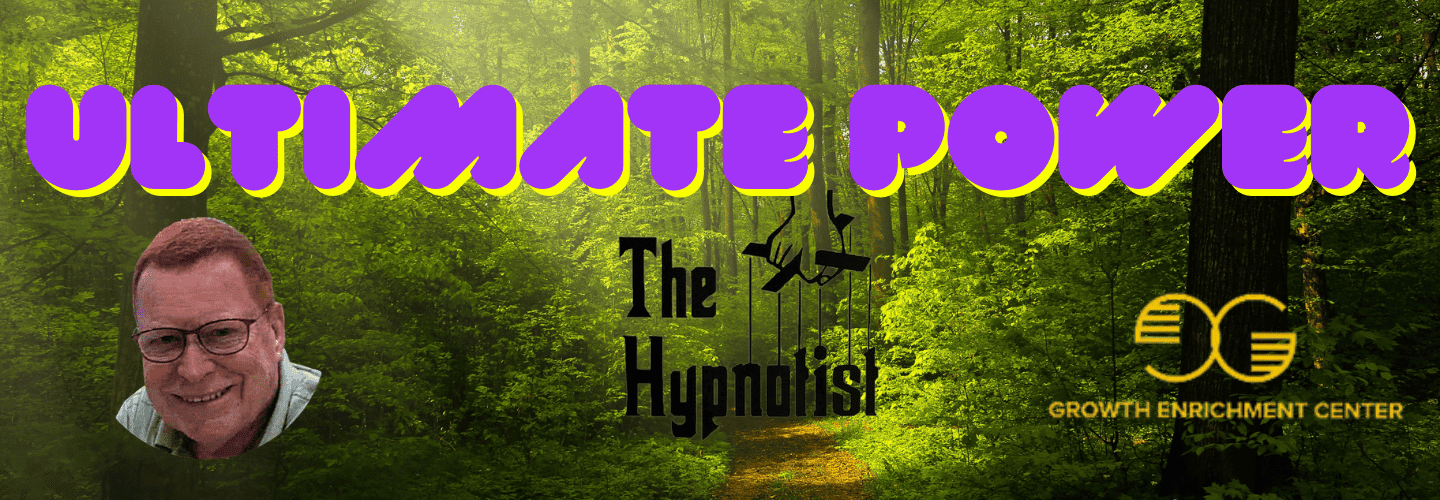
You might be hesitant to begin the journey of personal growth, thinking it requires too much time and effort. However, tapping into your hidden potential is within reach, waiting for you to take the first step. By delving into the depths of your capabilities and embracing change, you can reveal a version of yourself that is resilient, confident, and unstoppable. Are you ready to discover what lies beyond your perceived limits?
Self-Awareness for Personal Growth
Embrace introspection as a catalyst for personal growth by nurturing self-awareness. Understanding your emotions, thoughts, and behaviors forms the cornerstone of personal development. Self-awareness isn't merely recognizing your strengths and weaknesses; it goes deeper into identifying patterns and gaining insights into your values and beliefs. By actively practicing self-awareness, you enhance your decision-making skills, improve relationships, and establish a profound connection with yourself.
Through self-awareness, you can set meaningful goals that resonate with your core values, align your actions with your beliefs, and cultivate a sense of purpose in your life. This process requires genuine reflection, mindfulness, and a willingness to explore into the depths of your being. It's about investigating and understanding yourself on a profound level, paving the way for significant personal growth. Embrace this journey of self-discovery, as it holds the key to revealing your hidden potential and leading a more fulfilling life.
Setting Effective Goals
To achieve personal growth effectively, begin by defining specific, measurable, achievable, relevant, and time-bound goals. Setting goals is a fundamental aspect of personal development, guiding you towards your desired outcomes. When setting goals, make sure they're challenging yet attainable to keep you motivated. By creating clear objectives, you provide yourself with a roadmap for progress and success.
Tracking your progress towards these goals is essential. Utilize tools like journals or apps to monitor your advancement, enhancing both accountability and achievement. Reflecting on past accomplishments and obstacles can offer valuable insights for refining your goal-setting strategies in the future. Additionally, seeking feedback from mentors or peers can provide fresh perspectives and suggestions for improving your goal-setting techniques.
Cultivating Emotional Intelligence

You know, understanding your emotions and how they shape your thoughts and actions is vital for personal growth.
By cultivating emotional intelligence, you'll not only improve your relationships but also enhance your ability to communicate effectively.
It's about being self-aware, empathetic, and developing those social skills that can truly make a difference in how you navigate the complexities of life.
Self-Awareness: Key to Growth
Understanding and managing your emotions effectively is the foundation of cultivating emotional intelligence, a key to self-awareness and personal growth.
Self-awareness through emotional intelligence empowers you to recognize and respond to your emotions and those of others. By developing this pivotal skill, you enhance your relationships and decision-making abilities.
Being in tune with your emotions allows you to navigate challenges and work towards achieving your personal goals. Embracing self-awareness not only fosters a deeper understanding of yourself but also equips you with the tools to handle various situations with grace and insight.
As you continue to hone your emotional intelligence, you pave the way for continuous growth and self-improvement.
Empathy: Connecting With Others
Cultivating empathy involves delving into the emotions of others to forge deeper connections and understanding. By understanding and sharing their feelings, you establish a profound bond that transcends words.
Empathy is the cornerstone of emotional intelligence, empowering you to navigate interpersonal relationships with grace and insight. It allows you to not only recognize but also respond to emotions effectively, fostering communication and trust.
Through practicing empathy, you cultivate compassion, build stronger relationships, and enhance your overall well-being. This journey of personal growth equips you with the tools to resolve conflicts peacefully, collaborate harmoniously, and connect authentically with those around you.
Embrace empathy as a guiding light on your path to self-discovery and meaningful connections.
Mastering Time Management Skills
Mastering time management skills is essential for unlocking your full potential.
By learning to prioritize tasks effectively and using scheduling tools, you can make the most out of your day.
Avoiding time-wasting habits will help you stay focused and achieve your goals efficiently.
Prioritize Tasks Effectively
To effectively prioritize tasks and master time management skills, begin by categorizing your to-dos based on urgency and importance. This essential step allows you to focus on what truly matters and avoid feeling overwhelmed by a long list of tasks.
By using practical strategies like the Eisenhower Matrix, you can distinguish between urgent tasks that require immediate attention and important ones that contribute to your long-term goals. Additionally, consider implementing the Pomodoro Technique to work in focused intervals and boost your productivity.
Developing a well-balanced routine that includes time for essential tasks, self-care, and relaxation is key to maintaining effective time management. Remember, mastering the art of prioritization will lead to increased efficiency and overall success.
Utilize Scheduling Tools
When optimizing your time management skills, incorporating scheduling tools is essential for effectively organizing your daily activities and maximizing productivity.
By utilizing digital calendars, task management apps, and planners, you can structure your days, weeks, and months efficiently.
Implement time blocking techniques to concentrate on specific tasks or goals during designated time slots, creating a structured routine that includes work, personal development, and relaxation.
These tools are crucial on your transformative journey towards mastering time management.
To further enhance your skills, engage in practical exercises such as tracking progress, adjusting schedules when necessary, and analyzing time-usage patterns.
Embrace these scheduling tools as companions in your quest for discovering your hidden potential.
Avoid Time-Wasting Habits
To maximize your full potential in time management, embracing proactive strategies for avoiding time-wasting habits is essential. Prioritize tasks effectively to make the most of your time. Consider using techniques like the Pomodoro Technique or Eisenhower Matrix to boost efficiency.
Setting clear goals and following a structured schedule can help you remain focused and on target. It's important to recognize and cut out common time-wasting habits such as procrastination, multitasking, and excessive social media use.
Employ tools like calendar apps, to-do lists, and time tracking apps to monitor and refine your time management skills. By being mindful of these habits and implementing effective strategies, you can tap into your hidden potential and make the most of your time.
Enhancing Communication Abilities
Enhance your communication abilities by actively listening, expressing thoughts clearly, and interpreting nonverbal cues effectively. To improve your communication skills further, consider the following:
- Develop empathy: Understanding others' perspectives can help you communicate more effectively and build stronger connections.
- Enhance emotional intelligence: Being aware of and managing your emotions can prevent misunderstandings and facilitate smoother interactions.
- Practice assertiveness: Clearly expressing your thoughts and needs while respecting others can lead to more constructive conversations.
- Adapt communication style: Tailoring how you communicate to different situations and audiences guarantees your message is received positively.
Effective communication is key to personal growth, career success, and fulfilling relationships. By honing your communication skills through practice, feedback, and self-reflection, you can harness your hidden potential and thrive in various aspects of your life.
Overcoming Limiting Beliefs

Uncover the roots of your limiting beliefs to pave the way for personal growth and transformation. Identifying and challenging these beliefs is the first step towards overcoming challenges and transforming your life. Take a moment to reflect on where these beliefs originated and how they've shaped your thoughts and actions. By understanding the origins of your limiting beliefs, you can begin to reframe them into empowering ones.
To overcome these barriers, develop positive affirmations and strategies that counteract negative beliefs. Seek support from mentors, coaches, or therapists who can help you navigate through deep-seated beliefs holding you back. Remember to practice self-compassion and patience throughout this process. It takes time to dismantle old beliefs and replace them with new, empowering ones.
Sustaining Continuous Growth
Embrace challenges as stepping stones towards revealing your hidden potential for sustained growth and personal development. To sustain continuous growth effectively, it's essential to cultivate a growth mindset and consistently push yourself beyond your comfort zone.
Here are some key strategies to help you in revealing your hidden potential:
- Set Clear Goals: Establishing specific and achievable goals provides direction and motivation for your growth journey.
- Embrace Failure: View failures as opportunities for learning and growth rather than setbacks, allowing you to bounce back stronger.
- Seek Feedback: Actively seek feedback from peers, mentors, or coaches to gain valuable insights and improve continuously.
- Build a Supportive Network: Surround yourself with individuals who inspire and challenge you to reach new heights, fostering a culture of growth and development.
Frequently Asked Questions
How Can I Balance Personal Growth With My Busy Schedule?
Balancing personal growth with a busy schedule can be challenging. Prioritize tasks that align with your goals, set realistic expectations, and carve out dedicated time for self-improvement. Remember, small consistent efforts can lead to significant growth.
What Strategies Can Help Me Stay Motivated During Setbacks?
When setbacks strike, remind yourself of your inner strength. Embrace challenges as opportunities for growth. Stay connected to your why, celebrate small wins, and reach out for support. Keep pushing forward; you've got this!
Is It Possible to Maintain Personal Growth in Different Life Stages?
Yes, maintaining personal growth in different life stages is possible. Embrace change, adapt to new challenges, and continue learning. Reflect on past experiences, set goals, and stay open to self-improvement. Your journey of growth is ongoing and rewarding.
Managing conflicts while growing involves embracing discomfort, seeking understanding, and communicating openly. Remember that conflicts can be catalysts for growth. Approach them as opportunities to learn about yourself and others.
Are There Tools to Measure Progress in Personal Development?
Yes, there are tools to measure progress in personal development. Tracking habits, setting goals, journaling thoughts, and seeking feedback can all help you gauge how far you've come and where you still want to grow.
Conclusion
Now that you have the tools to reveal your hidden potential, you may be thinking, 'But what if I fail?'
Remember, failure is just a stepping stone to success. Embrace setbacks as opportunities to learn and grow stronger. Keep pushing yourself, stay committed to your personal growth journey, and believe in your ability to overcome any obstacles in your path.
You have what it takes to shine brightly and achieve your dreams. Keep moving forward with confidence and determination.

